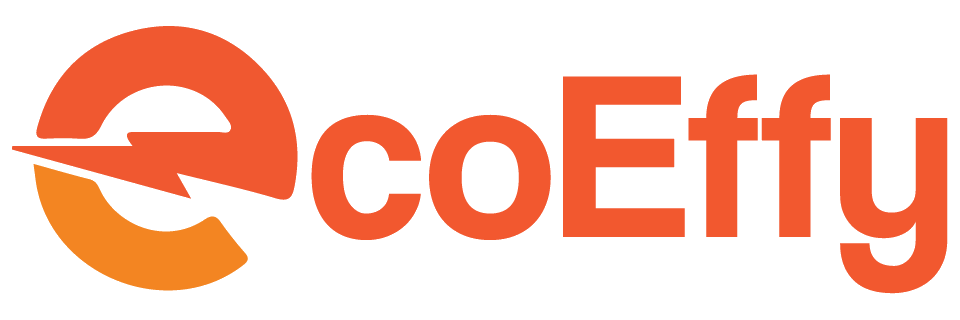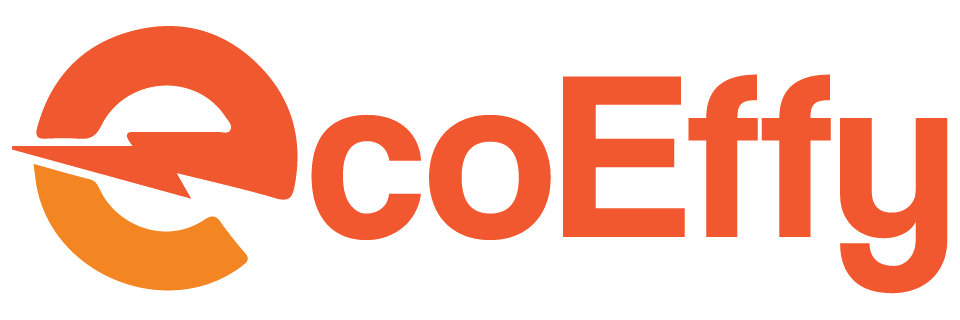
Technology, an ally in automation processes
The correct implementation of technology, more specifically the automation or digitization of processes in your company, must be the product of a detailed effort by everyone to achieve a change of mentality, and a creative attitude at all levels of your company or organization.
Automation also allows you to experience new technology; improving the conditions of your work team, eliminating difficult jobs and increasing safety.
To understand automation, it is necessary to know its origins, since this event marked the end of a civilization’s or society’s way of operating and ushered in a new era in technology, adding artificial intelligence to its processes.
The first computational machine that humanity knew was at the hands of the Frenchman Joseph Marie Charles (July 7, 1752 – August 7, 1834), known as Joseph Marie Jacquard, who built the so-called Jacquard loom, the first programmable loom, the method of his loom, became the paradigm of the first automated machine, From this invention, more and more intelligent machines were developed to control and monitor processes, with a defined objective, to guarantee the greatest quantity of products in the shortest possible time, in order to reduce costs, reduce risks and guarantee uniformity in quality.
Today we see automation in our daily lives, from something as minimal as the way in which telephones are used, to the optimization and improvement of the operation of an industrial plant, the automation of a stadium, a farm, the infrastructure of cities, among other processes.
TECHNOLOGY PROVIDES DIFFERENT TYPES OF AUTOMATION IN THE MODERN ERA
Fixed Automation
Example: Mechanized assembly lines, large-scale production
Fixed Automation is aimed at companies or enterprises, where their priority is quantity, that is, large quantities, since their products have the characteristic of high demand and volume index. This type of production process has a high cost and it must be taken into account that its life cycle is the same as that of the product being manufactured.
Programmable Automation
Example: Industrial robots, numerical control, among others.
Programmable Automation is aimed at enterprises or companies, where their products have a low rate of demand and great diversity of products. In this case, the production processes are designed to be able to adapt to the variants of the different types of products being manufactured. These adaptations are made by means of programming (software).
Flexible Automation
Flexible Automation is aimed at enterprises or companies, where their production processes have an average rate of demand. These systems combine elements of both fixed and programmed automation. It usually consists of different workstations interconnected and controlled by a computer.
You may also be interested in
Automation of the air quality system
Measurement of CO2 emissions
WHAT IS AUTOMATION IN A PRODUCTION PROCESS?
Some of the sectors using such automation include manufacturing, robotics and vehicle control.
An automation system is a system where production processes usually performed by human operators are transferred to a set of technological elements, this is the conjugation of operational command, for the above it could be said that some of the sectors that use such automation are those of manufacturing, robotics and vehicle control.
It is also present in the world of technology: in IT systems and in software systems for business processes, and it is precisely on this last point that our position is based, since intelligent automation must be part of the strategic and well-defined digital transformation initiative of your company or organization for each production process, since it is no secret that the continuation in time and space of both new and existing companies depends on it.
Responsibility for decision making
It is then at this point that you, who are in charge or on whom the responsibility falls to make sound decisions that compromise not only the jobs but also the economy and future of the company or organization, the economy of the employees and their families must be questioned:
where is your company or organization on the journey to digital transformation?
Is your company or organization up to the current demands of digital transformation?
Is your company or organization part of the digital transformation, or are you simply watching from the sidelines?
where do you see your company or organization in five years?
It has been proven that the advantages of digital transformation in today’s companies translate into:
- Competitiveness at all levels vis-à-vis other business organizations
- Your staff will undoubtedly be highly qualified.
- agility in the processes
- Better customer experience
- Validity in circumstances of time, mode and place, that is, permanence in time.
- Improved productivity
Automation also leads to experimentation with technology; improving working conditions for personnel by eliminating difficult jobs and increasing safety, performing operations that are impossible to control intellectually or manually, optimizing product availability, providing the quantities needed at the right time.
DO NOT FORGET THAT MAJOR CHANGES IN TECHNOLOGY BRING WITH THEM MAJOR CHALLENGES.
The automation or digitization of production processes in your company must be the product of a detailed effort to achieve the appropriate and suitable technology change for your company or organization…
… this must be accompanied by a clear strategy in technology changes in their production processes, allowing you to bring from the intangible world the most appropriate reality to your company and this undoubtedly requires a great ally with his expertise to channel the needs not only of the economic activity developed, but also that your staff is up to these changes.
From the above we conclude that risk automation in simple terms is: the application of various technologies to control and monitor a process. It could be understood then that industrial automation not only refers to production processes, but can intervene in the operation of any type of real estate, process and economic activity among others.
WHAT IS THE PURPOSE OF AUTOMATION?
Basically what automation seeks to do is to simplify production processes.
It reduces human mediation, obtaining a record of events and, of course, reducing costs. This is obtained thanks to the main advantage of the solutions offered by understanding and applying automation in time, since it helps companies to achieve digital transformation.
Today’s organizations must face the great challenge of supporting their employees and partners to reach new customers, provide new and innovative products and services more quickly and thus reinvent themselves so as not to be carried away by the path chosen by large companies that today only exist in the memory of a few.
In Ecoeffy we have at your disposal strategic products to apply a correct and efficient automation in each production process.
Such as:
- Remote work tools.
- Management of business objectives
- Data integration tools for decision making.
- Control systems, monitoring of machines, processes and objectives.
- Customized data collection software
- Incorporation of 4.0 technology in processes: Artificial Intelligence, Cybersecurity, Internet of Things, Big Data, Integration Systems, Simulation and Cloud Technologies).
- Production process control
- CRM and ERP systems
- Improving environmental sustainability
- Cloud services and Microsoft enterprise licenses
- Modern workstations
- Microsoft Teams, for communication management, job assignment and management.

